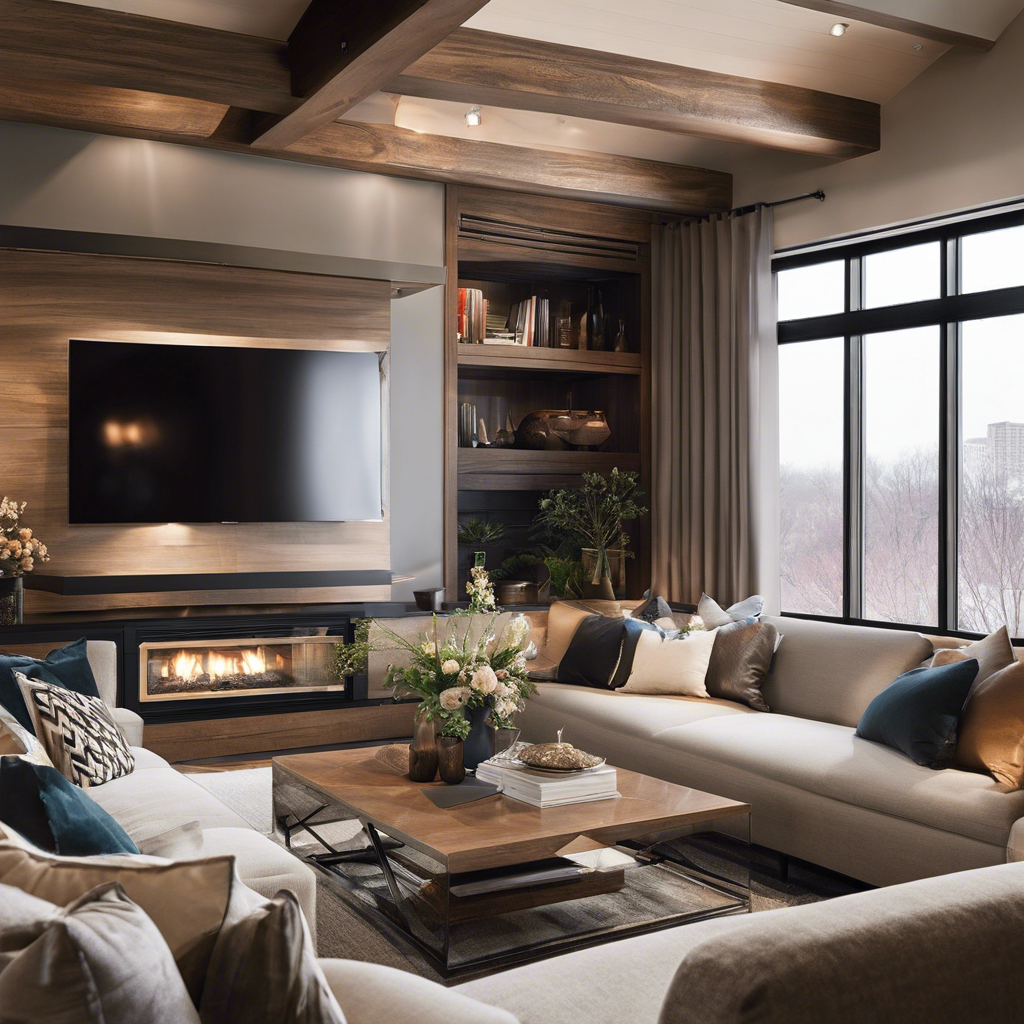Imagine stepping into your home after a long day, seeking solace from the world outside. But instead of tranquility, you are greeted by a chorus of clanks, bangs, and whirrs, reminiscent of a bustling construction site.
Yes, your HVAC system, the very entity responsible for keeping you comfortable, may also be contributing to the noise levels in your Tulsa abode. But fear not, for understanding the sources and impact of HVAC noise, as well as discovering practical solutions to reduce it, will soon restore the serenity you seek.
Key Takeaways
- Excessive HVAC noise can come from outdoor units, vibrating ductwork, and loud air vents.
- Prolonged exposure to high levels of HVAC noise can lead to health effects such as stress, sleep disturbances, and decreased productivity.
- Both residential and commercial buildings should strive to minimize HVAC noise, as noise levels above 45 decibels can disrupt sleep and impair cognitive function.
- Factors affecting HVAC noise levels include the size and type of the HVAC system, with larger systems producing more noise, and different types of systems having varying noise levels.
Understanding HVAC Noise Sources
Understanding HVAC noise sources is crucial for maintaining a quiet and comfortable indoor environment in Tulsa. Common HVAC noise complaints often include excessive noise from the outdoor units, vibrating ductwork, and loud air vents. These noise sources can disrupt the peace and tranquility of your home or workplace.
To address these concerns, Tulsa has specific noise regulations for HVAC systems in place. These regulations ensure that HVAC systems operate within acceptable noise levels to prevent disturbances and promote a harmonious living and working environment.
Impact of HVAC Noise on Indoor Environment
How does HVAC noise impact the indoor environment in Tulsa?
The impact of HVAC noise on the indoor environment can have significant implications for the health and well-being of individuals. Prolonged exposure to high levels of HVAC noise can lead to a range of health effects, including stress, sleep disturbances, and decreased productivity. Studies have shown that noise levels above 45 decibels can disrupt sleep and impair cognitive function.
When comparing HVAC noise levels in residential and commercial buildings, it’s important to note that commercial buildings tend to have higher noise levels due to larger HVAC systems and the presence of multiple units. However, both residential and commercial buildings should strive to minimize HVAC noise to create a more comfortable and conducive indoor environment.
Factors Affecting HVAC Noise Levels
One key factor that influences HVAC noise levels is the size and type of HVAC system installed. The size of the system refers to its cooling or heating capacity, which is measured in British Thermal Units (BTUs) or tons.
Larger HVAC systems tend to produce more noise due to the increased airflow and fan speed required to cool or heat larger spaces. Additionally, different types of HVAC systems have varying noise levels.
For example, split systems are generally quieter than window units due to the separation of the compressor and condenser from the indoor unit. It’s important to note that HVAC noise levels are regulated by HVAC noise regulations, which ensure that the noise produced by these systems is within acceptable limits.
To further reduce noise, noise cancelling technologies for HVAC systems are available, such as sound insulation materials, vibration isolation, and advanced fan designs. These technologies aim to minimize the noise generated by HVAC systems and create a more comfortable and quieter indoor environment.
Tips for Reducing HVAC Noise in Tulsa
To reduce HVAC noise in Tulsa, consider implementing these practical tips.
There are several HVAC noise reduction techniques that can help create a more peaceful indoor environment. First, ensure that your HVAC system is properly maintained and serviced regularly. This includes cleaning or replacing filters, lubricating moving parts, and tightening loose connections.
Additionally, consider installing soundproofing materials such as acoustic panels or insulation around your HVAC unit and ductwork. These materials can help absorb and reduce noise vibrations.
Another option is to use vibration isolators or mounts to separate the HVAC unit from the building structure, preventing noise transmission.
Finally, if possible, relocate the HVAC unit to a less frequented area or build a sound barrier around it.
Professional Solutions for Quieter HVAC Systems
If the mentioned tips for reducing HVAC noise in Tulsa don’t effectively address the issue, seeking professional solutions may be necessary to achieve a quieter HVAC system.
Professional HVAC technicians can provide you with advanced techniques and technologies that can significantly reduce the noise levels in your indoor environment.
One solution is to explore silent cooling options, such as variable-speed compressors or inverter-driven systems. These systems are designed to operate at lower decibel levels, ensuring a quieter and more comfortable living space.
Another option is to implement noise-reducing ventilation techniques, such as sound dampening materials or insulated ductwork.
Frequently Asked Questions
Can HVAC Noise Levels Impact the Quality of Sleep and Overall Well-Being of Individuals in Tulsa?
You might not realize it, but HVAC noise levels can have a big impact on your sleep quality and overall well-being. The constant hum and rattling can disrupt your sleep and lead to health effects.
Are There Any Regulations or Guidelines in Place in Tulsa Regarding Acceptable Noise Levels for HVAC Systems?
In Tulsa, there are regulations and guidelines in place regarding acceptable noise levels for HVAC systems. These measures ensure that the noise produced by these systems does not disrupt your daily activities or disturb your peace and quiet.
Can Excessive HVAC Noise Lead to Increased Stress Levels and Decreased Productivity in Indoor Environments?
Excessive noise levels from HVAC systems can lead to increased stress and decreased productivity in indoor environments. The impact of loud HVAC noise on individuals’ well-being and work performance should be considered.
Are There Any Specific Types or Models of HVAC Systems That Are Known to Be Quieter in Tulsa?
The quietest HVAC systems in Tulsa are the noise-reducing HVAC models. These specific types or models are designed to minimize noise levels, providing you with a peaceful indoor environment.
How Can HVAC Noise Levels Vary Between Different Areas or Neighborhoods in Tulsa?
In Tulsa, HVAC noise levels can vary between different areas or neighborhoods due to various factors affecting noise levels in HVAC systems. These factors include the age and condition of the system, insulation, and proximity to noise sources.


